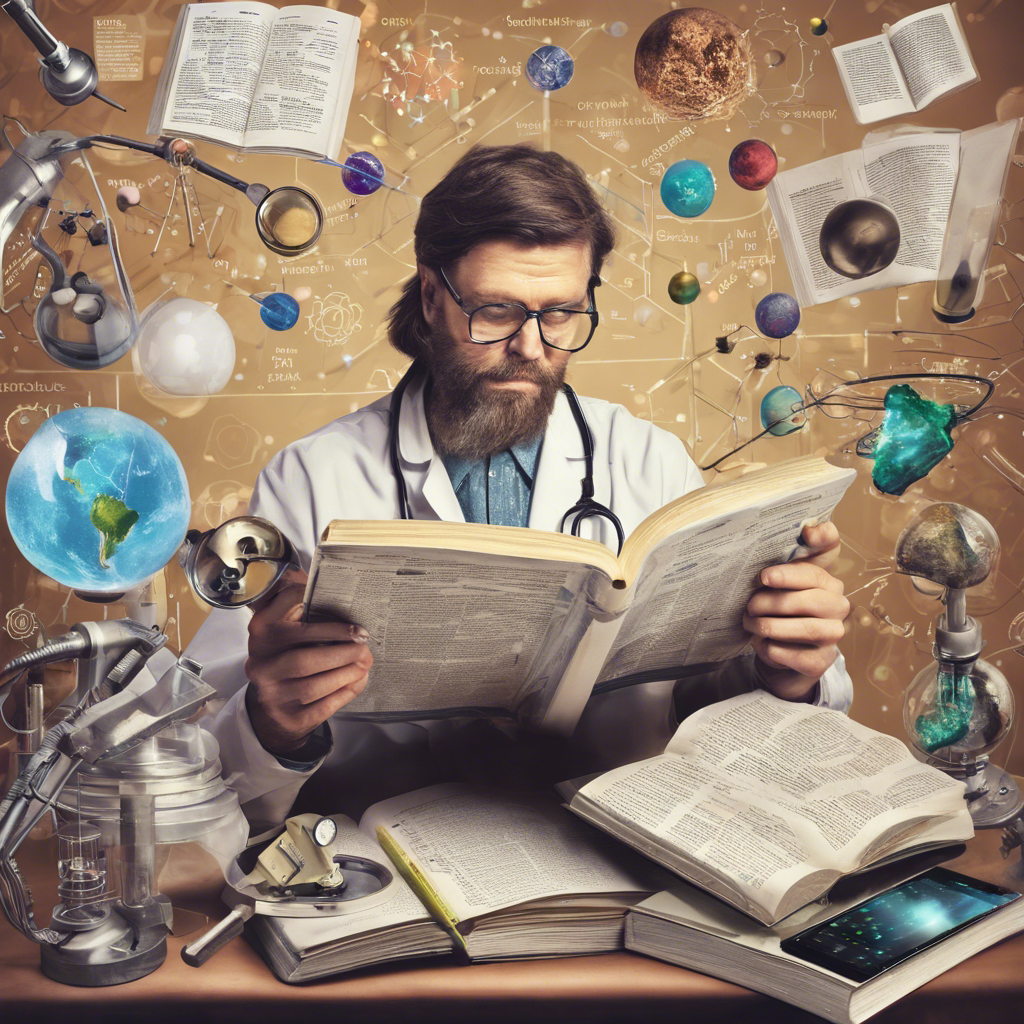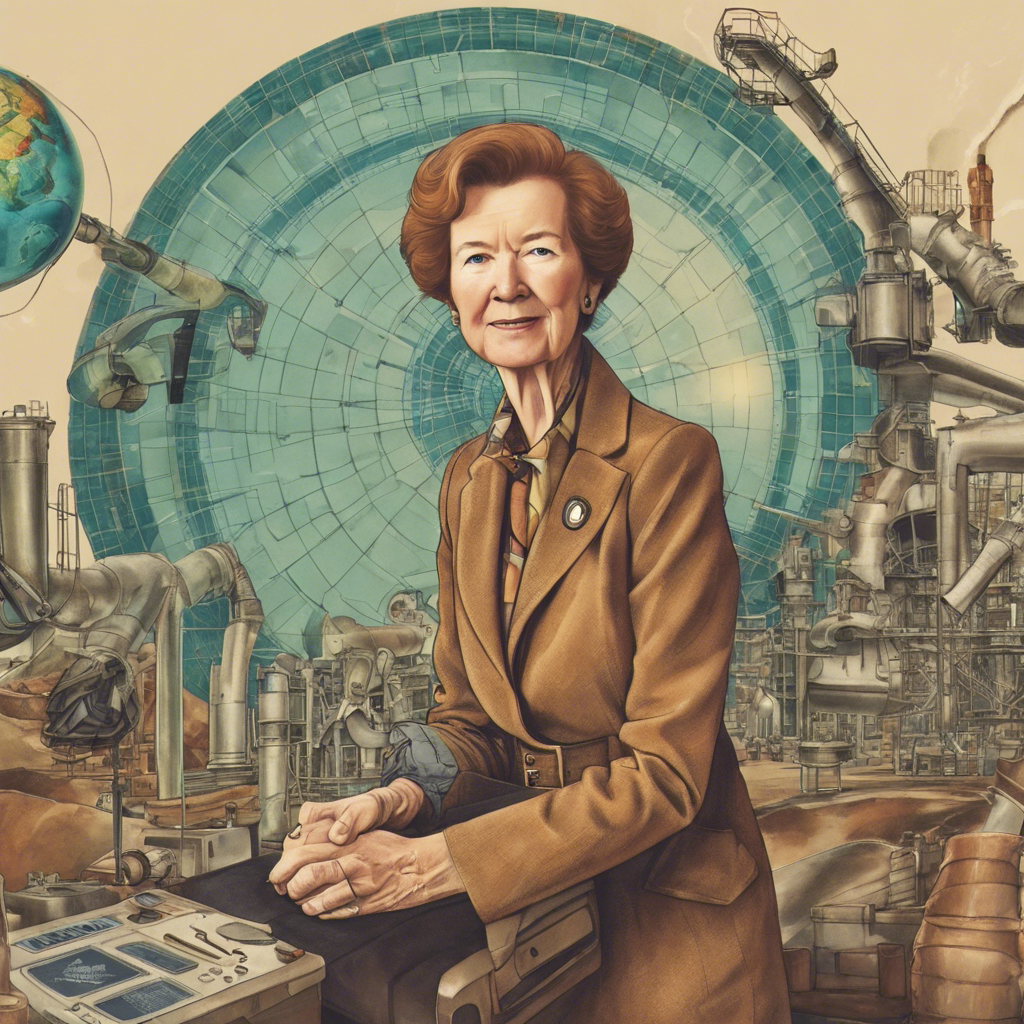The Universal Declaration of Human Rights: Upholding the Right to Science

Reflecting on the 75th anniversary of the Universal Declaration of Human Rights and its relevance today
Seventy-five years ago, the United Nations General Assembly proclaimed the Universal Declaration of Human Rights, a groundbreaking document that outlined the fundamental rights and freedoms that every individual is entitled to. Among its articles, Article 27 stands out as it recognizes the right of every person to freely participate in the cultural life of their community and enjoy the benefits of scientific advancement. As we commemorate this milestone, it is crucial to reflect on the significance of the right to science and its relevance in our rapidly changing world.
1: The Evolution of Science and its Implications for Human Rights
Since the adoption of the Universal Declaration of Human Rights, the scientific landscape has undergone significant transformations. The digital revolution, advancements in Earth systems research, and breakthroughs in medicine and agriculture have reshaped our understanding of the world. However, this raises important questions about the scope of Article 27. Does the right to science encompass access to a clean environment, a stable climate, and equitable distribution of medical advancements? Should access to the internet and the knowledge it provides be considered a basic human right?
2: Addressing Inequities in Scientific Advancement
Despite the progress made in scientific research, the benefits often fail to reach those who need them the most. The urgency to study and address the impacts of climate change lags behind the pace of its consequences. Climate policy struggles to determine responsibility and compensation for the unequal distribution of greenhouse gas emissions. The COVID-19 pandemic highlighted the inequitable distribution of vaccines, with some high-income countries hoarding supplies at the expense of global health. These examples underscore the need for science to be utilized as a tool for equitable and inclusive progress.
3: Science as a Driver of Human Rights
In the coming year, international discussions will focus on critical issues that require scientific input, such as climate change mitigation, plastic pollution, and pandemic prevention. These topics can be framed as threats to human rights, as they directly impact people’s well-being and the sustainability of our planet. Unlike in 1948, research now plays a central role in shaping international agreements. Scientists, in collaboration with human rights advocates, have successfully emphasized the necessity of scientific evidence in protecting people and the environment. However, science often faces opposition from powerful interests, hindering collective action and undermining the value of scientific knowledge.
4: The Interconnectedness of Human Rights and Science
As we navigate through overlapping global crises, the right to science becomes increasingly intertwined with other human rights. The Universal Declaration of Human Rights serves as a timeless reminder of how nations can come together, drawing on knowledge and experience, to achieve common goals. In this critical moment, the declaration’s recognition of the right to research should guide our scientific endeavors and inform international laws and policies.
Conclusion:
Seventy-five years after the proclamation of the Universal Declaration of Human Rights, the right to science remains as relevant as ever. The rapid advancements in scientific knowledge demand that we reevaluate the scope of this right and ensure its equitable distribution. As we confront complex challenges, it is imperative that science is embraced as a driver of human rights, rather than being hindered by vested interests. By upholding the right to science, we can forge a path towards a more inclusive and sustainable future for all.










